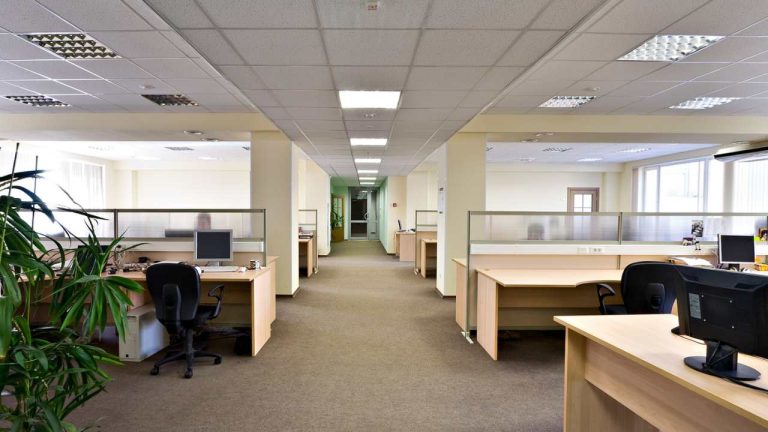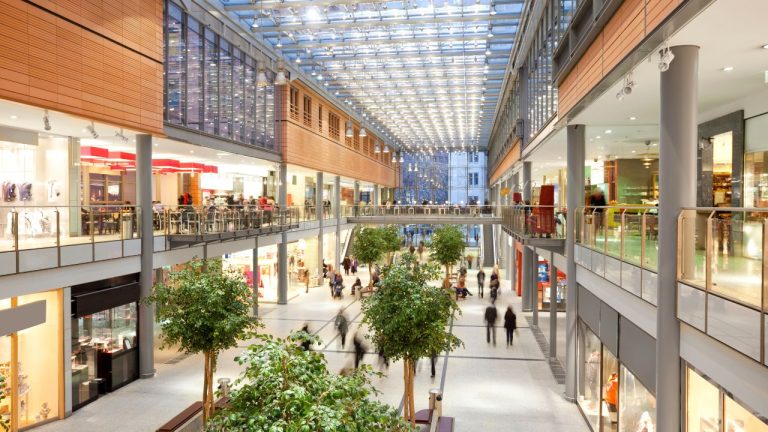The Essential Elements of Shopping Center Reports and Controls
The shopping centre report is the ‘control tool’ for staying ahead of issues and opportunities with the landlord, the tenants, customers, and maintenance contractors.
It is a valuable document of record and facilitates the decisions of day to day activity and lease strategy. That is the way I regard the report in all my retail property management systems over the years and across many managed properties.
Who puts the document together then? The shopping centre manager is the person that ‘overlays’ all critical elements of property performance. The shopping centre manager will be ultimately responsible for the compilation of the landlord report and its accuracy.
Property Owner Information
A report to a shopping centre owner is therefore special and controlling. It can be reported against and updated regularly; it can be the device that facilitates decisions between the landlord and the shopping centre manager.
The larger the shopping centre, the more complex the landlord report and the frequency of its availability.
Ultimately the document should be accurate and up to date at all times; errors and omissions can’t exist in a retail property report. That can be a challenge when the property contains plenty of tenants.
The landlord report is a ‘valuable tool of record’. Most shopping centres are busy, and therefore having a way of consolidating things into a standard reporting system is wise. When important factors or events happen on the property, they are to be noted in the report to the landlord.
Note keeping is critical to retail property control and performance. The larger and busier the property, the greater the necessity for a comprehensive property management report from the centre manager.

Major Factors of Retail Property Control
These are the major factors of reporting that I have seen as critical to a shopping centre reporting process:
- The income for the property should be tracked and reported against on a weekly and monthly basis. The income will vary for a variety of reasons including arrears, vacancy factors, changes to the tenancy mix, property upgrades, and lease rental reviews. So, the income for the property can also compare across the tenants in occupancy and the terms of existing lease documentation. The landlord needs to know if the income is to vary or is under any pressure of change. That then is a factor of reporting.
- The expenditure to run a shopping centre will include controllable property outgoings, such as those related to maintenance, and then the other matters of expenditure such as rates, taxes and capital items. The expenditure for any shopping centre should be tracked to a budget and then compared to existing market circumstances and property usage. The expenditure of a shopping centre will impact the rental structure and the net income. For that very reason, the costs of running the property should be carefully tracked and measured. As mentioned, that is a budgetary process.
- There will be plenty of active lease related items across the tenancy mix in any shopping centre. They will include rent reviews, options, arrears matters, tenant obligations, and landlord obligations; they will impact the cash flow for the property. Every lease is also potentially different in the contained ‘covenants’, and the document should allow for the existing elements of the property, the tenant in occupancy, and the investment requirements of the landlord. It is a strategic investment document. The sum of the leases in the property will underpin the property performance as an investment.
- Lease strategies should apply to any vacancies and known tenant factors of change. It is common to move tenants around, based on ‘positioning opportunity’, and clustering advantages. So, the shopping centre manager should be looking at upcoming lease changes and putting some strategy into how tenants can move for overall property improvement. Items of tenant mix change can also be noted in the report.
- Marketing is a component of reporting that speaks to the promotion of the property to attract customers and sales. There should be a marketing report for the property that builds on property opportunity given the customer demographics and the location.
- Maintenance matters will be on the list of reported items. Some factors of maintenance are planned, and others not so. Either way, parts of the landlord report should talk about current and known maintenance including anything that involves risk and property change. Cost expectations should also be shown and discussed in the shopping centre report. Remember that the report is a way of documenting property activity for both the landlord and the center manager.
So, these are the ‘bigger issues’ of a shopping centre report for a landlord. All these topics can be opened into strategies, responses, and recommendations.
Importantly, the shopping center manager should be reporting on the basis of observations, including the facts of the property, and then to give the recommendations to take matters forward for the landlord in a positive way.







